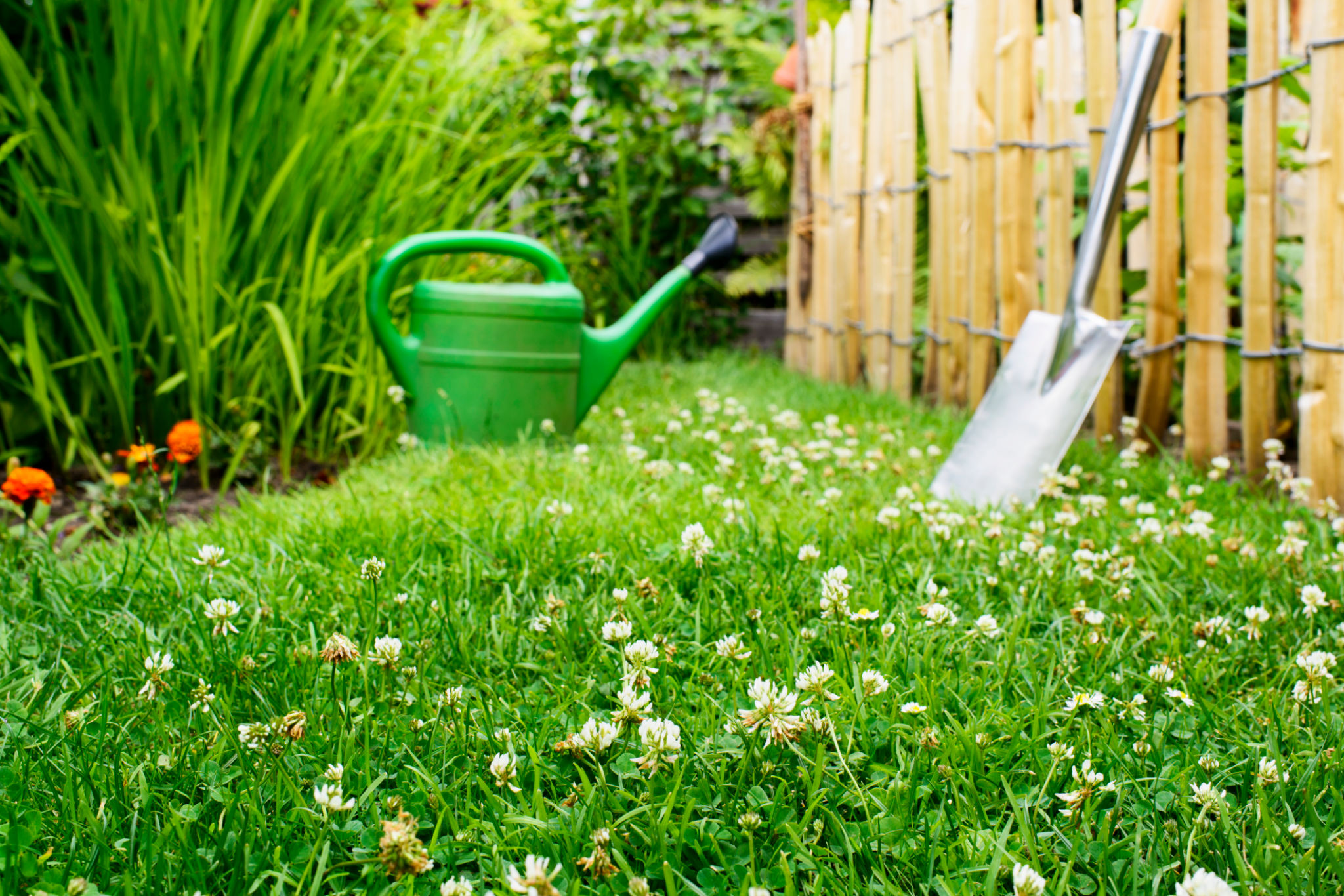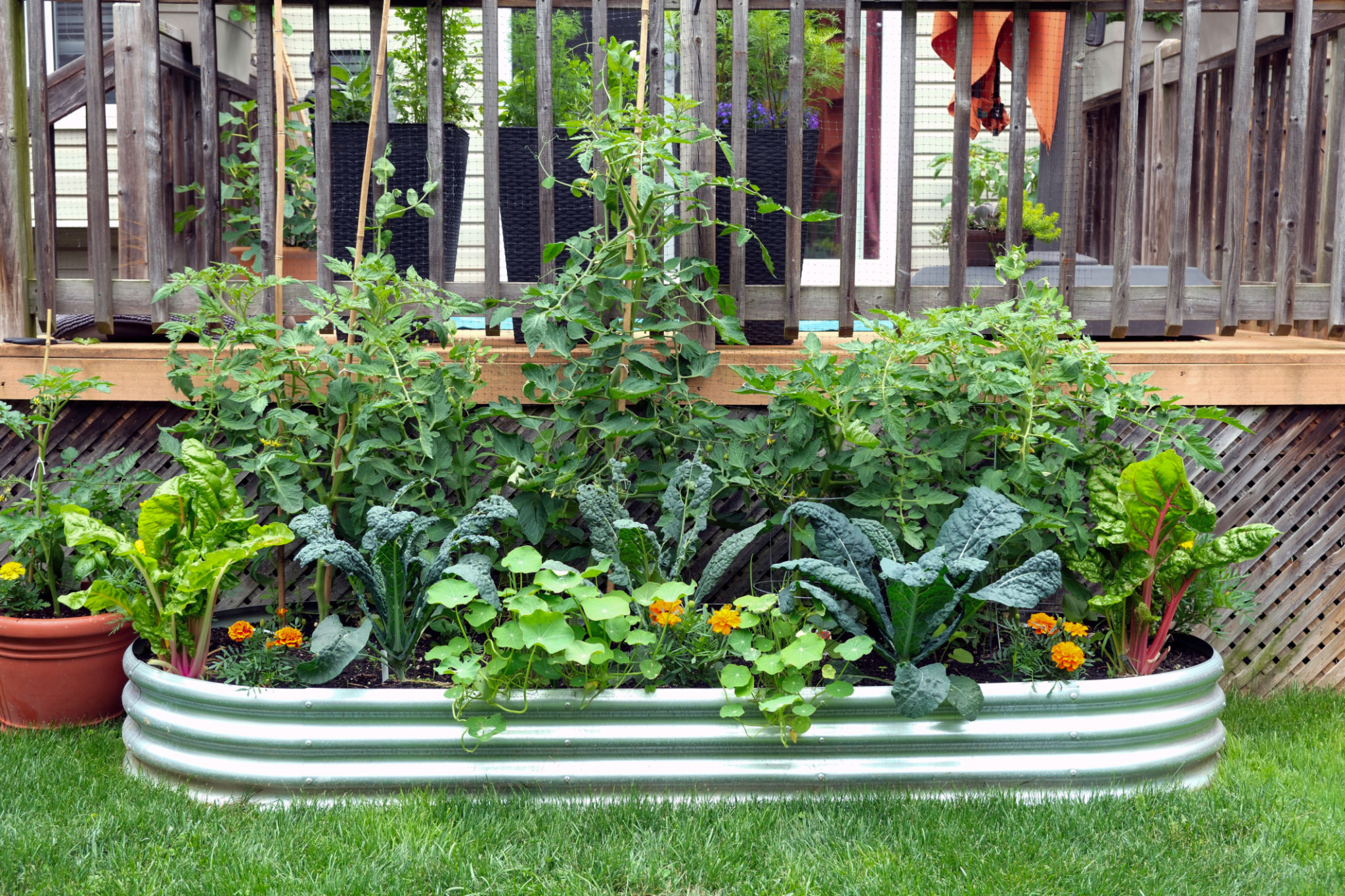Why Clover Lawns are the Eco-Friendly Landscaping Choice
The Rise of Clover Lawns
In recent years, clover lawns have surged in popularity as a sustainable alternative to traditional grass lawns. Homeowners and landscapers alike are turning to clover for its numerous environmental benefits and low maintenance requirements. Once considered a weed, clover is now celebrated for its eco-friendly attributes and ability to create lush, green spaces.

Why Choose Clover Over Traditional Grass?
Traditional grass lawns require a significant amount of resources, including water, fertilizers, and pesticides, to maintain their pristine appearance. In contrast, clover lawns are resilient and thrive with minimal intervention. Clover naturally enriches the soil with nitrogen, reducing the need for chemical fertilizers. This not only saves time and money but also reduces the chemical runoff that can harm local ecosystems.
Clover is drought-tolerant and requires less water than grass, making it an ideal choice for areas prone to dry spells. By choosing clover, homeowners can significantly reduce their water consumption, contributing to water conservation efforts.
The Aesthetic Appeal of Clover
Clover lawns offer a different kind of beauty compared to traditional grass. They produce soft, lush foliage that remains green year-round. Clover's tiny white or pink flowers add a charming touch to the landscape, attracting pollinators like bees and butterflies, which are essential for a healthy ecosystem.

Low Maintenance and Cost-Effective
One of the most attractive features of clover lawns is their low maintenance nature. Clover grows slowly, meaning you won't need to mow as frequently as with grass. This not only saves time but also reduces emissions from gas-powered lawn equipment.
Moreover, clover's dense growth pattern helps suppress weeds naturally, leading to fewer herbicides needed. This can result in significant savings on lawn care expenses over time.
Environmental Benefits
Beyond being low-maintenance, clover offers several environmental advantages. Its ability to fix nitrogen improves soil health and fertility, promoting a thriving garden ecosystem. Additionally, because clover is a perennial plant, it requires less reseeding than grass, reducing the need for frequent planting and soil disturbance.

The presence of clover in your lawn supports biodiversity by providing habitat and food sources for various beneficial insects. This contributes to a more balanced and healthy yard environment.
Transitioning to a Clover Lawn
Converting an existing grass lawn to clover is a straightforward process. Start by selecting an appropriate clover variety for your region and climate. Prepare the soil by removing existing grass and weeds and then spread the clover seed evenly over the area. Regular watering will help establish the new lawn, but once established, clover requires minimal irrigation.
As more people recognize the benefits of sustainable landscaping practices, clover lawns are becoming an increasingly popular choice. By opting for a clover lawn, homeowners can enjoy a beautiful yard while making a positive impact on the environment.